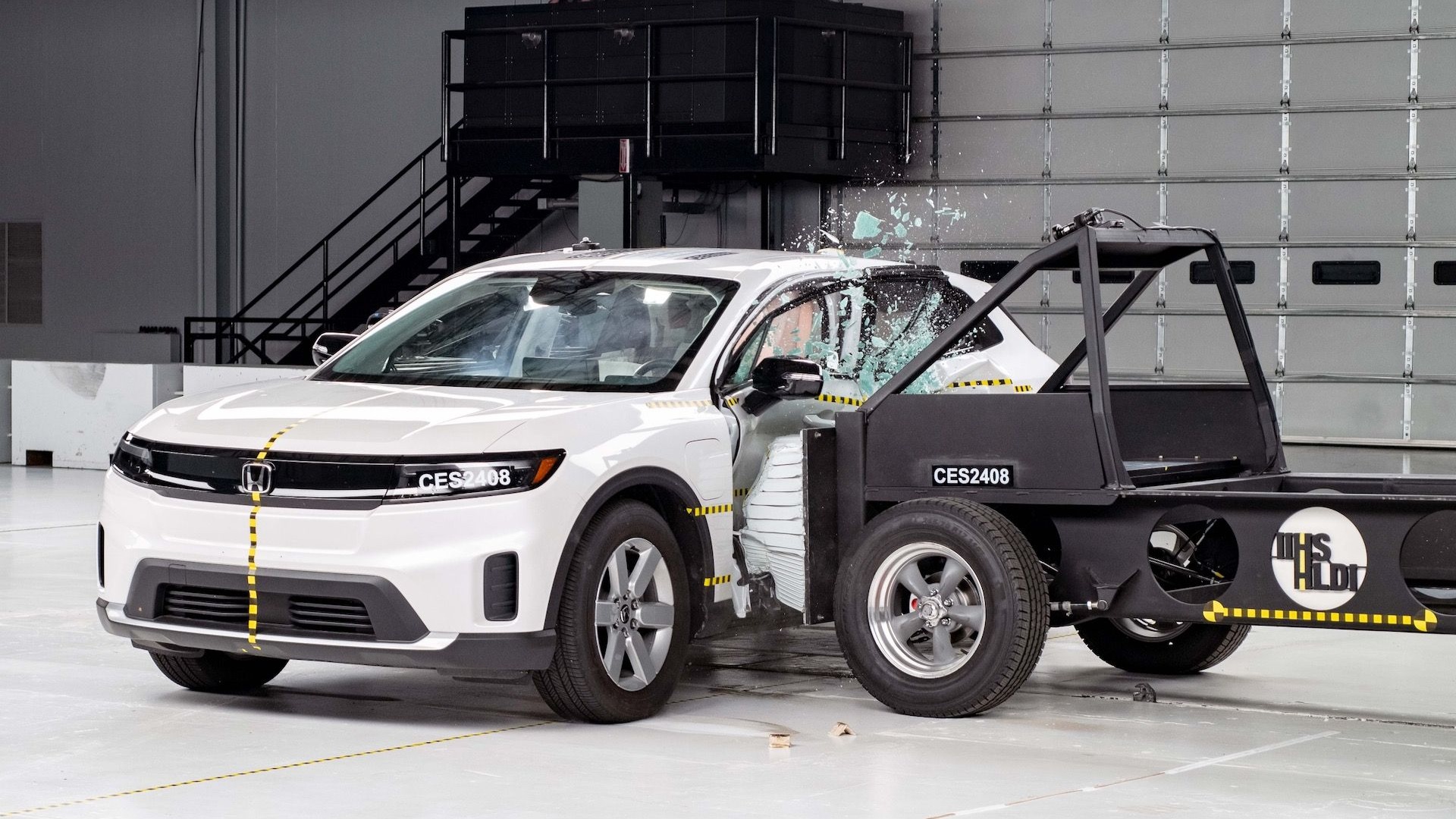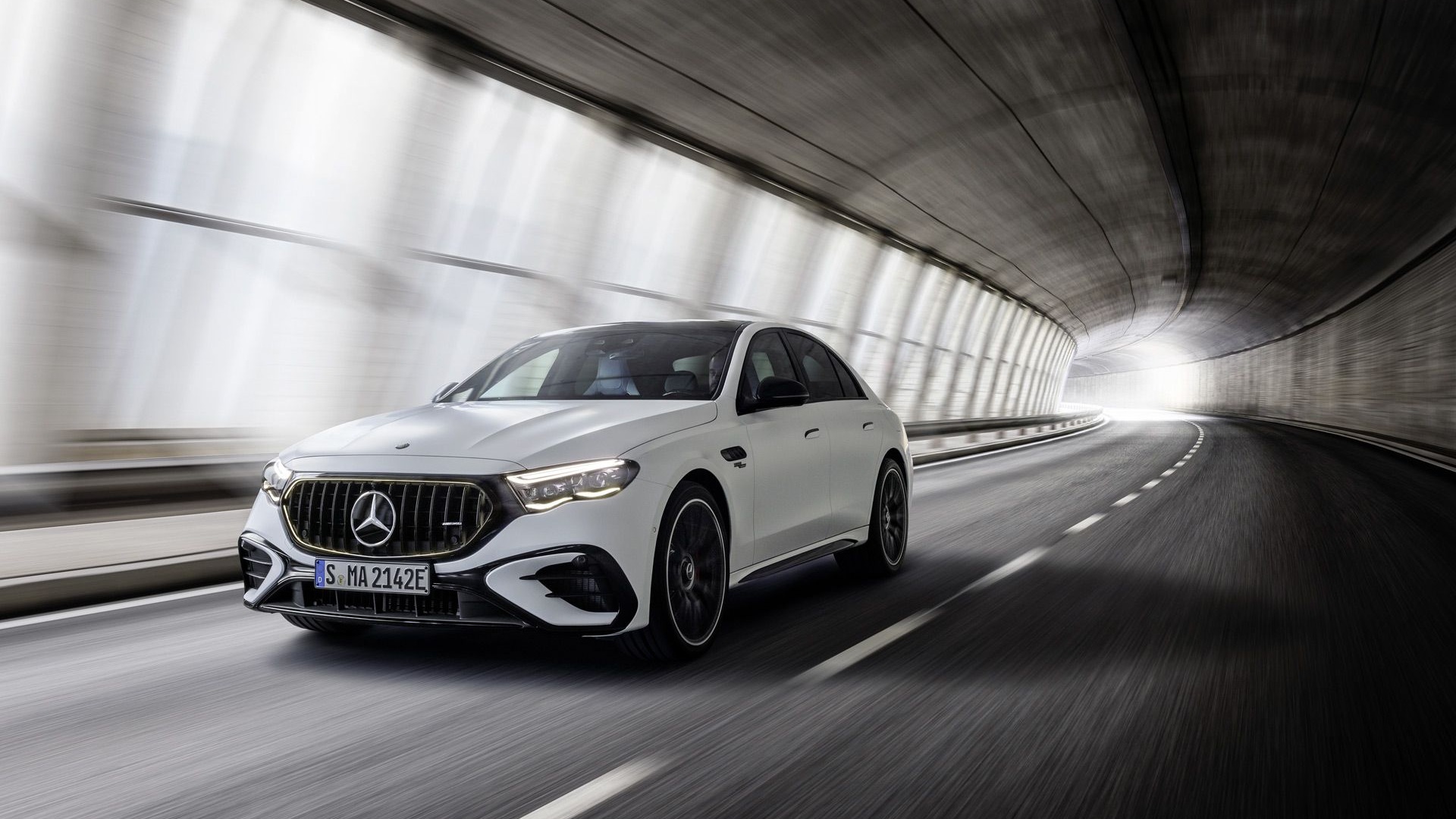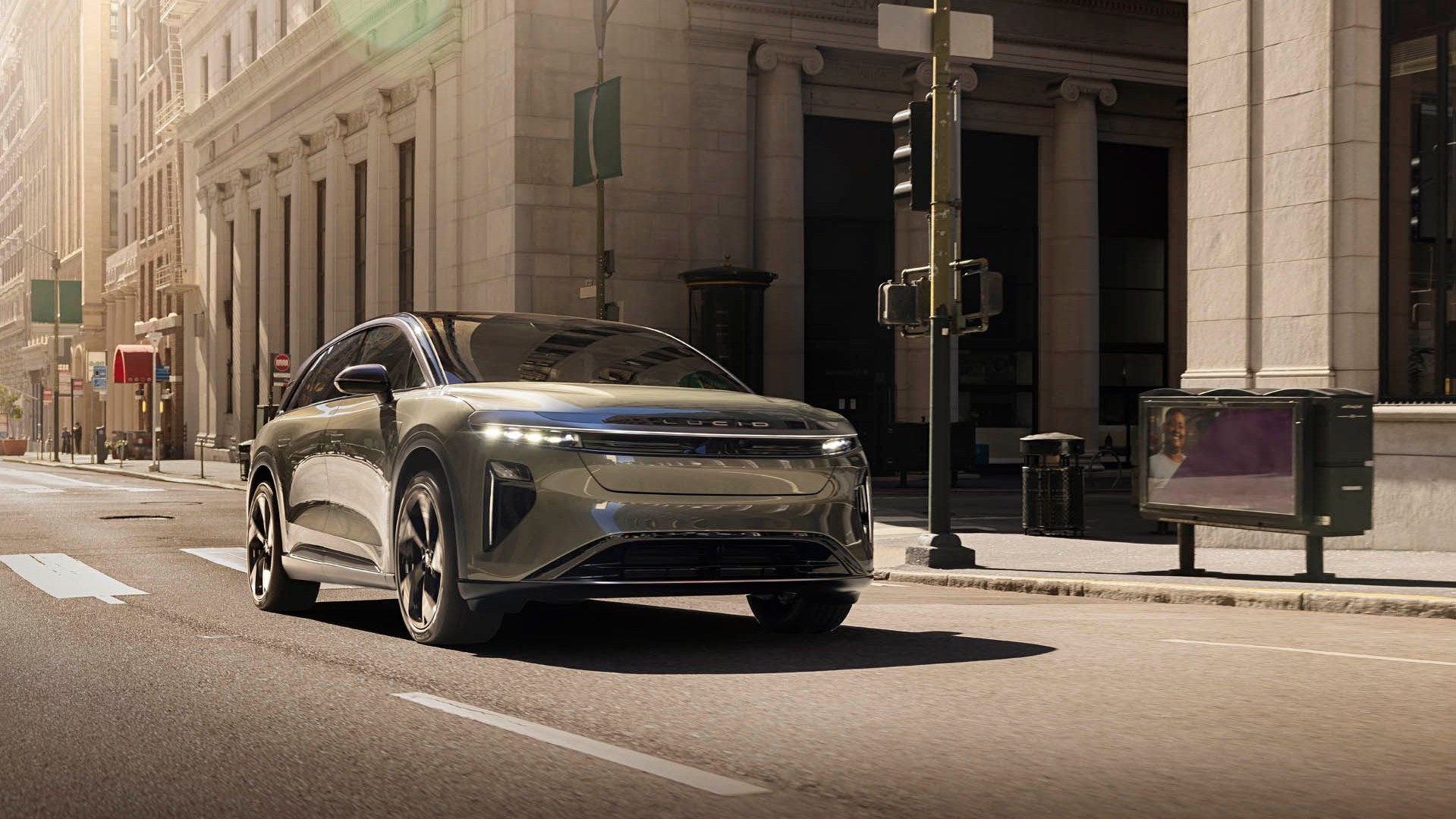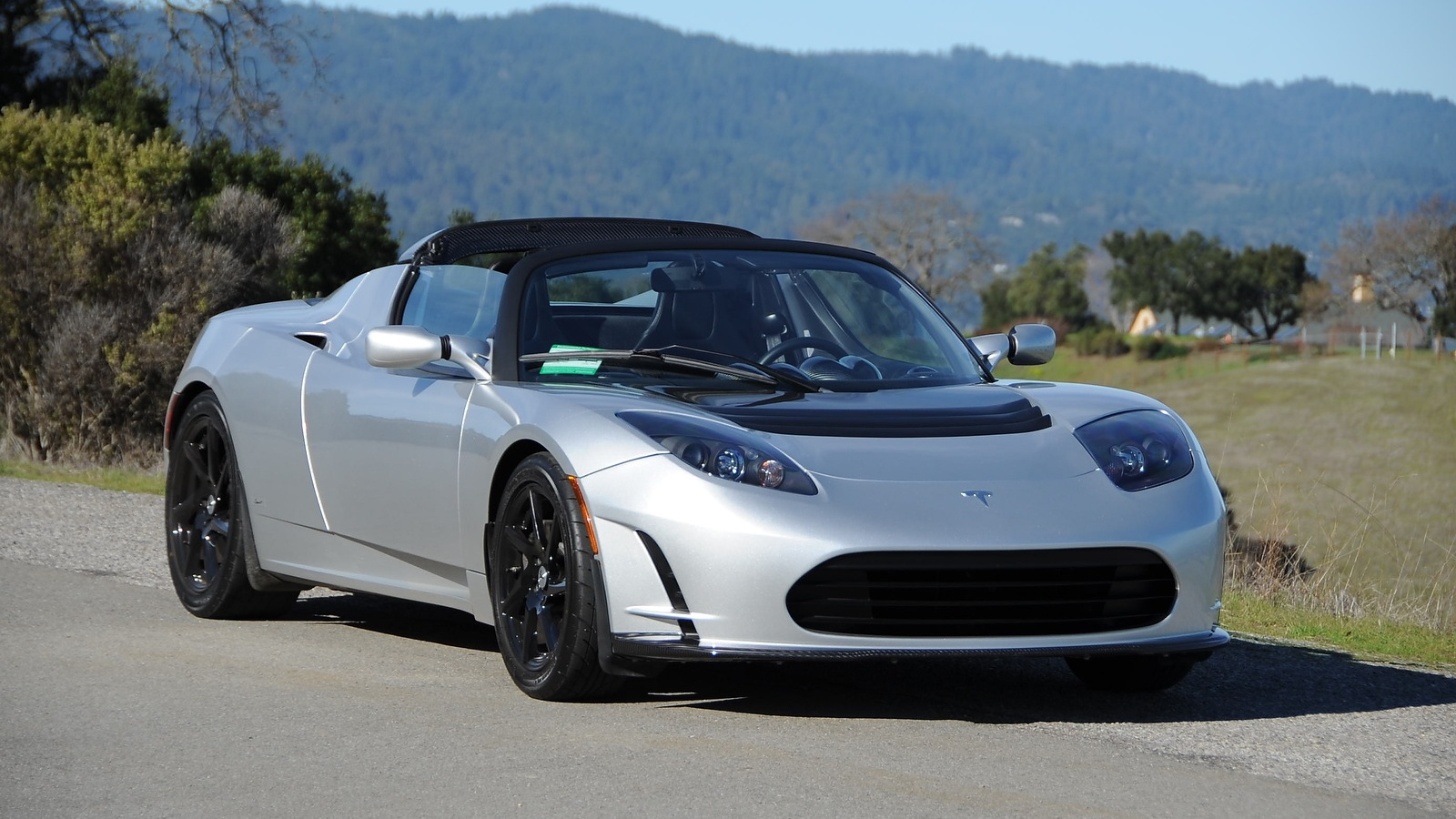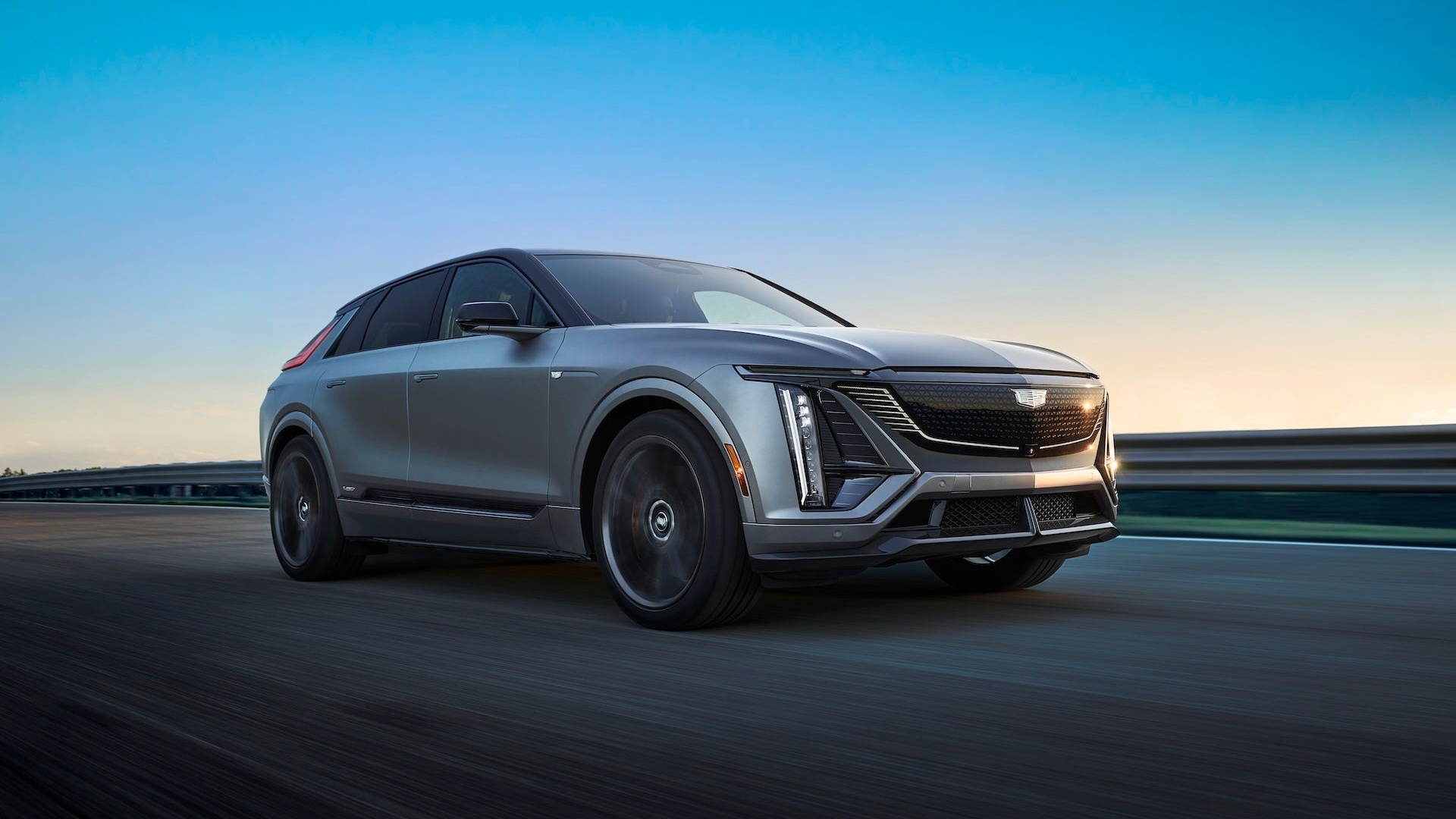Volkswagen is once again planning to bring an affordable electric vehicle to the U.S. market—and it’s setting a target under $35,000.
According to reporting from Reuters, from one of its own trade conferences in Detroit, VW Group of America product strategy chief Reinhard Fischer confirmed the new product focus for North America, indicating that the model might be built either in the U.S. or Mexico.
VW already has plants in Chattanooga, Tennessee, as well as in Puebla, Mexico, and it’s planning a South Carolina plant due to build a Scout-brand EV. With that and localized battery packs, it might be able to achieve the top $7,500 EV tax credit on the vehicle—a key factor, according to an analysis from S&P Global Mobility last month, that will lead to the policies of the Inflation Reduction Act (IRA) essentially doubling U.S. EV sales by 2030 versus previous forecasts.
That said, the timeline is long ahead—three to four years—meaning that VW’s under-$35,000 EV might not hit the market until 2027.

Volkswagen ID.4 built at Chattanooga
In the couple of years leading up to the launch of the ID.4, VW emphasized the ID.4’s up-front value and ownership costs and said that the most affordable version of its electric crossover would cost about $35,000 before rebates like the EV tax credit. The 2021 VW ID.4 launched at $41,490, with U.S.-built models arriving a bit later and a 2023 VW ID.4 Standard Range version costing $38,790 including destination.
This wouldn’t be the first time VW has offered an EV in this price range. The price of the Volkswagen e-Golf, which was offered from 2015-2019 in the U.S., on a limited basis, was around $32,000 when new and, while short on range, it offered great packaging and drivability.
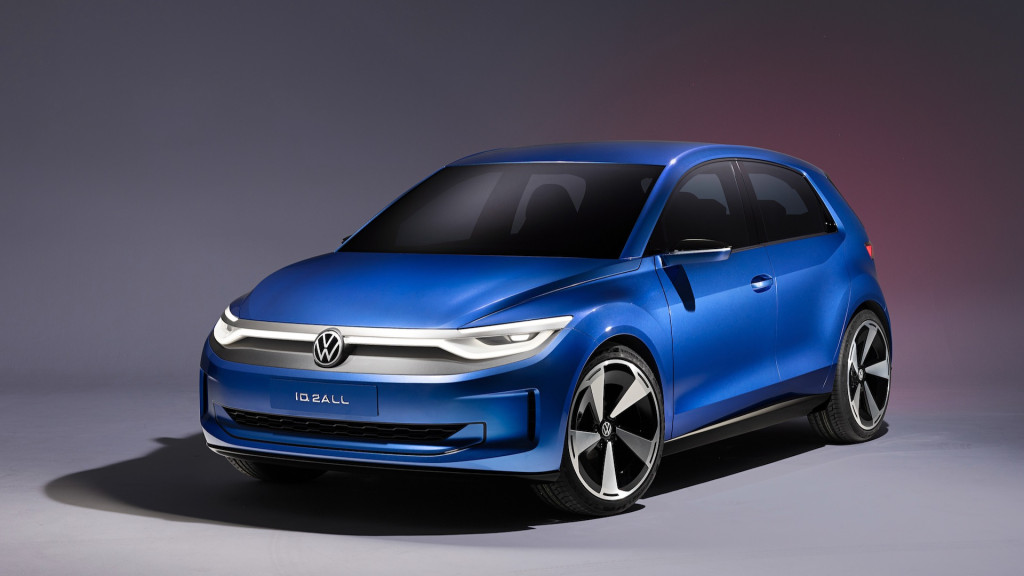
Volkswagen ID.2all concept
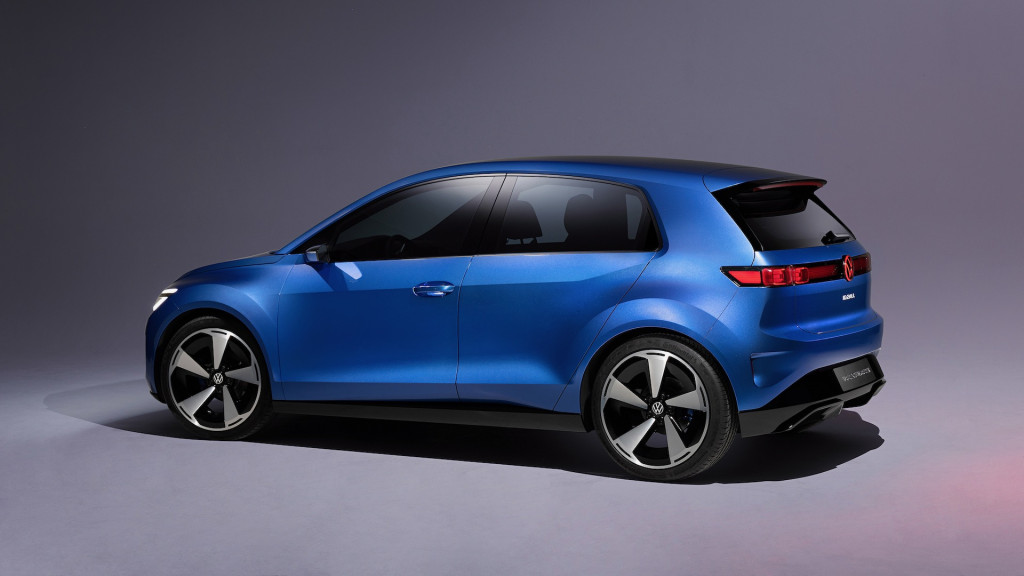
Volkswagen ID.2all concept
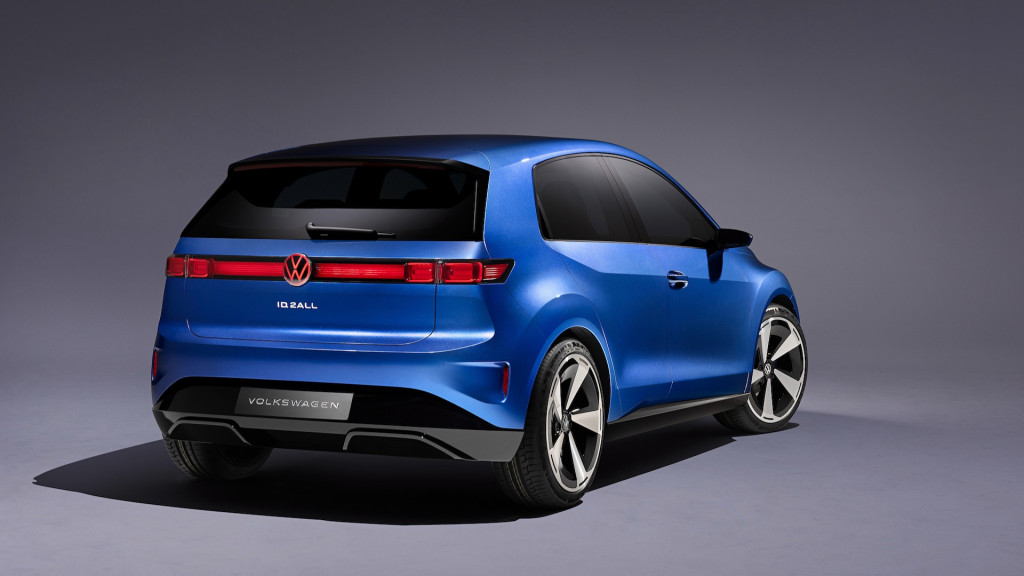
Volkswagen ID.2all concept
The report made no note of any hint from Fischer as to which product this might be. In Europe, VW plans to bring the Golf back as an EV in a few years. There’s also a Golf-like ID.2all EV that VW has said would be engineered for low production costs and a low sticker price.
Another wildcard is inflation—especially as it relates to vehicles. Over the course of the past several years the average price of a new vehicle, electric or not, has risen to about $48,000, according to Cox Automotive, with EVs skewing higher. In that respect, VW’s budget-priced EV would be a far better value—relatively speaking—by the time it’s launched than that not-quite-$35k ID.4 ever was.



